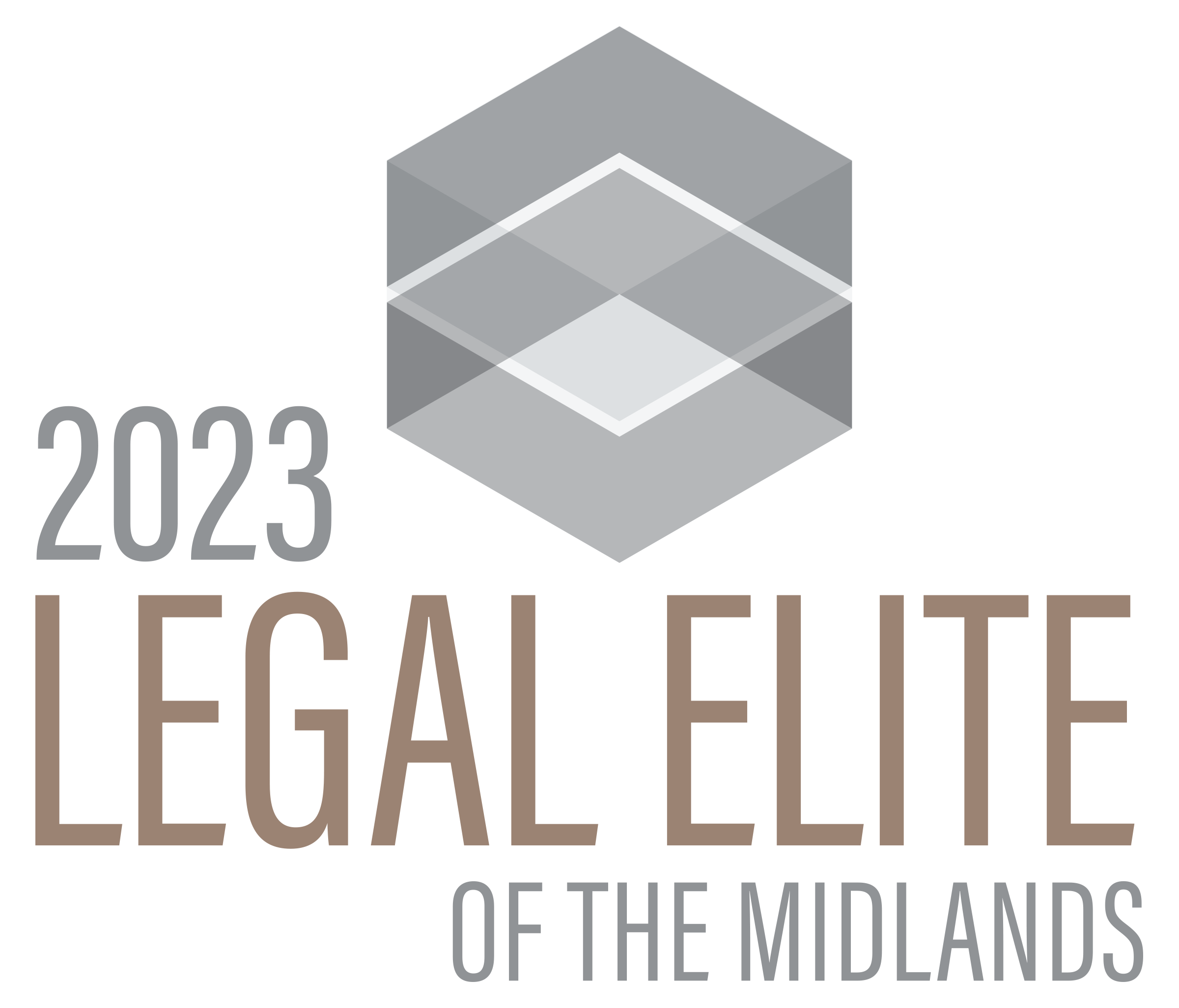
Spinal cord damage, including cervical spinal cord injuries, can significantly affect a person’s life and may even make them dependent on others for physical and financial needs. In Columbia, legal expertise is available to handle Columbia spinal cord injury cases, providing support for victims and their families. However, a Columbia spinal cord injury lawyer from Goings Law Firm, LLC knows that many Columbia residents have the opportunity to take legal action. With the help of a spinal cord injury attorney in Columbia, such legal action might result in financial compensation that covers any resulting medical bills and medical expenses.
What Is a Spinal Cord Injury Claim or Lawsuit?
A spinal cord injury claim is a type of personal injury claim where you file an insurance claim against the party or parties who caused your injury. For example, if you sustained a spinal cord injury in a car accident, you would file a claim against the insurance company for the driver who caused the crash. After you file the claim and prove the other party caused your injury, your lawyer and the insurance company will negotiate a settlement to compensate you for your losses. When you accept the settlement, you receive your compensation and release the insurance company from further liability, meaning you can’t seek additional compensation from them.
If whoever caused your spinal cord injury doesn’t have insurance or their insurance company won’t offer a fair settlement, you can file a personal injury lawsuit in civil court. Once the trial preparations are complete, a judge or jury will decide whether the other party owes you compensation and, if so, how much money they’ll pay. Filing a lawsuit often brings an insurance company back to the negotiating table, allowing you to work out a settlement before the trial starts.
How to File a Spinal Cord Injury Claim
When you file a spinal cord injury against someone, you must provide evidence showing how they caused your injuries through their careless or intentional actions. You’ll also need strong evidence to support your claim, such as medical records to prove the severity of your injuries and receipts showing the cost of your medical treatments.
It’s best to let spinal cord injury lawyers file a spinal cord injury claim on your behalf. They can gather evidence to support your claim, handle the legal paperwork and procedures, and negotiate on your behalf to help you recover maximum compensation. While your spinal cord injury attorney handles your claim, you can focus on your medical treatment and rebuilding your life.
When to File a Spinal Cord Injury Lawsuit
Trials are risky, time-consuming, and expensive, so you’re usually better off trying to work out a settlement with the other party and their insurance company. However, a lawsuit may be necessary if:
- The insurance company is delaying action on your claim
- The insurance company won’t negotiate in good faith
- The insurance company’s settlement offer doesn’t compensate you for all your losses
- The deadline to file a personal injury lawsuit is approaching (3 years from your injury date in most cases)
If any of these circumstances apply, contact an attorney right away so they can take legal action on your behalf.
Types of Spinal Cord Injuries
There are multiple ways to classify spinal cord injuries and spine injuries depending on where the injury occurred, the severity of the injury, and other factors. One common method is to group spinal injuries based on the injury site. Using this approach, the four different levels of spinal cord injuries are:
- Cervical Spinal Cord Injuries: These occur in the neck area and affect everything from the shoulders down. Injuries in this region of the spine are often the most severe, potentially causing complete paralysis.
- Thoracic Spinal Cord Injuries: These injuries occur in the upper back and typically affect the chest, upper back, and parts of the abdomen. However, people with thoracic spinal cord injuries typically can move their arms and hands.
- Lumbar Spinal Cord Injuries: Spinal cord injuries in the mid to lower back can affect the hips, legs, and possibly parts of the abdomen.
- Sacral Spinal Cord Injuries: Finally, these injuries occur in the lowest parts of the spine, near the pelvic area. Sacral spinal cord injuries may impact the hips, groin, buttocks, and the back of the thighs, and they usually have less impact on overall mobility.
Some other ways doctors classify spinal cord injuries include:
- Complete Spinal Cord Injury: A complete spinal cord injury means there is no sensation or movement below the injury site. The spinal cord is fully severed, cutting off all communication between the brain and body below the injury.
- Incomplete Spinal Cord Injury: When this type of injury occurs, the spinal cord is only partially damaged. This allows for some movement or feeling below the injury site, though the extent varies depending on the severity of the damage.
- Paraplegia: Paraplegia involves paralysis of the lower half of the body. This condition occurs when a spinal cord injury occurs below the cervical region.
- Quadriplegia (Tetraplegia): Quadriplegia, or tetraplegia, refers to paralysis of both the upper and lower body. This condition typically results from a cervical spinal cord injury.
Common Causes of Spinal Cord Injuries
Research shows that the five most common causes of spinal cord injuries are:
- Vehicle accidents (37.5 percent of all spinal cord injuries)
- Falls (31.7 percent)
- Assaults and other violent acts (15.4 percent)
- Sports accidents (8 percent)
- Medical/surgical errors and complications (3.7 percent)
Spinal Cord Injury Complications
The long-term complications faced by spinal cord injury victims are significant and often include:
- Paralysis/mobility issues
- Chronic pain
- Respiratory problems if the injury affects the muscles needed for breathing
- Bowel and bladder dysfunction (incontinence)
- Sexual dysfunction
- Depression, anxiety, PTSD, and other mental health disorders
- Secondary health issues (infections, pressure sores, heart problems, etc.)
Damages & Compensation for Spinal Cord Injuries
Because a spinal cord injury can affect the rest of your life, it’s crucial to recover as much compensation as possible. Otherwise, you might face financial stress later on, leaving you without the resources to meet your needs. A Columbia spinal cord injury attorney can help you pursue compensation for:
- Current and future medical expenses
- The cost to renovate your home or vehicle to accommodate a disability
- Lost income and reduced earning capacity
- Pain and suffering
- Emotional distress
- Diminished quality of life due to an injury or disability
- The cost to repair or replace your damaged property (if applicable)
Statute of Limitations for South Carolina Spinal Cord Injuries
South Carolina law says you have three years from the date you sustained a spinal cord injury to file a lawsuit against any potentially liable parties. If you miss this deadline, you will likely lose your chance to recover compensation. Talk to a spinal cord injury lawyer in Columbia as soon as possible to give them as much time as possible to build your case.
Contact a Columbia Spinal Cord Injury Attorney Today
If you or someone you care about has been the victim of a spinal cord injury accident, and another person was implicated, then that person might be accountable for your costs. Securing maximum compensation is crucial for covering the significant costs associated with lifelong care, emotional distress, and loss of income resulting from such severe injuries.
Contact a Columbia spinal cord injury attorney from Goings Law Firm, LLC today by calling our offices in Columbia at (803) 350-9230 to schedule a free consultation. Our team can help you learn more about what you can do in this situation with our experience and skills. Victims must seek the assistance of a Columbia spinal cord injury lawyer from our law firm to handle the legal process and seek the compensation they deserve.






























